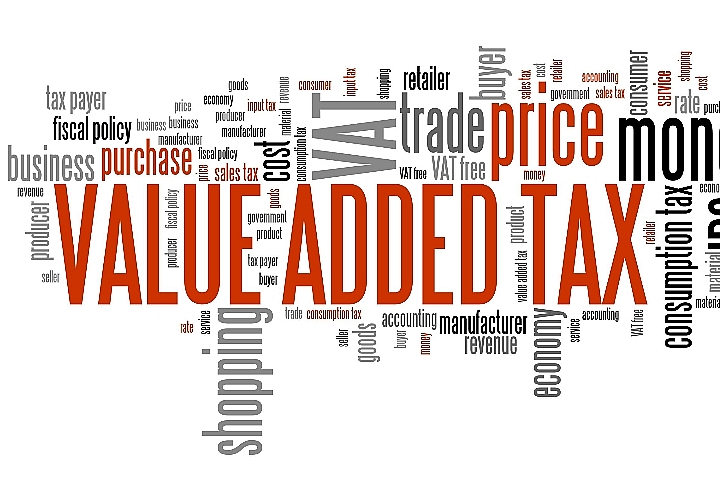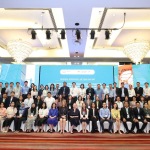Total number of posts 463.
 Vietnam issued Decree 15/2022/ND-CP (Decree 15) on guiding the implementation and reduction of value-added tax (VAT) and corporate income tax (CIT) supporting the country’s post-pandemic recovery. Decree 15 implements the National Assembly’s Resolution No 43/2022/QH15 on fiscal and monetary policies for the recovery of the economy from the pandemic.
Vietnam issued Decree 15/2022/ND-CP (Decree 15) on guiding the implementation and reduction of value-added tax (VAT) and corporate income tax (CIT) supporting the country’s post-pandemic recovery. Decree 15 implements the National Assembly’s Resolution No 43/2022/QH15 on fiscal and monetary policies for the recovery of the economy from the pandemic.
Vietnam Briefing highlights the reduction in VAT and tax relief in CIT that businesses should be aware of.
VAT reduction
The government cut the VAT rate to 8 percent from February 1 to December 31, 2022, for several services. The VAT rate was previously 10 percent.
The VAT reduction applies to all goods involved in import, manufacturing, processing as well as trade, however, taxpayers are required to issue a separate invoice for goods and services that are eligible for the reduction. In addition, they must declare these goods under Form 01 as per Decree 15.
There are certain goods and services however that are not eligible for the VAT reduction, which includes telecom services, financial services, banking, securities, metals, chemical and mining products, real estate, IT goods and services, and goods and services subject to special consumption tax (SCT). A full list can be found in Appendix I, II, and Appendix III of Decree 15.
The VAT reduction is applicable on both the deduction method and the direct method.
CIT deduction
Businesses can claim a CIT deduction for any donation or sponsorship expenses related to pandemic prevention in Vietnam for the 2022 fiscal year. To do this, businesses need to submit the relevant documents to avail of the deduction. The amount of donation or sponsorship must be confirmed in writing by the receiving authority or agency.
Decree 15 took effect on February 1, 2022, however, the government may issue further guiding circulars for implementation of the Decree. The tax breaks are expected to help businesses due to the pandemic and recover production.
Source: Asia Briefing














